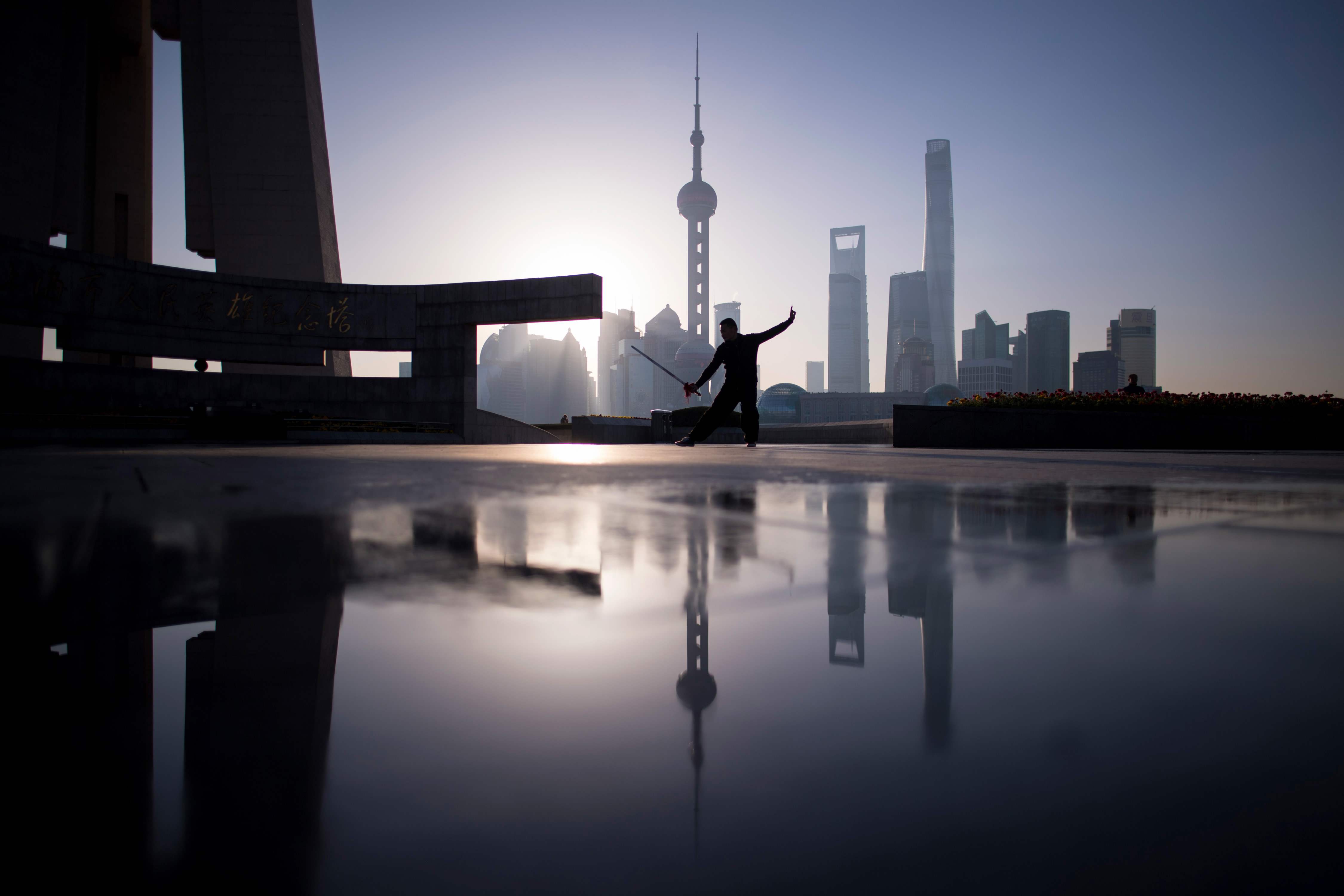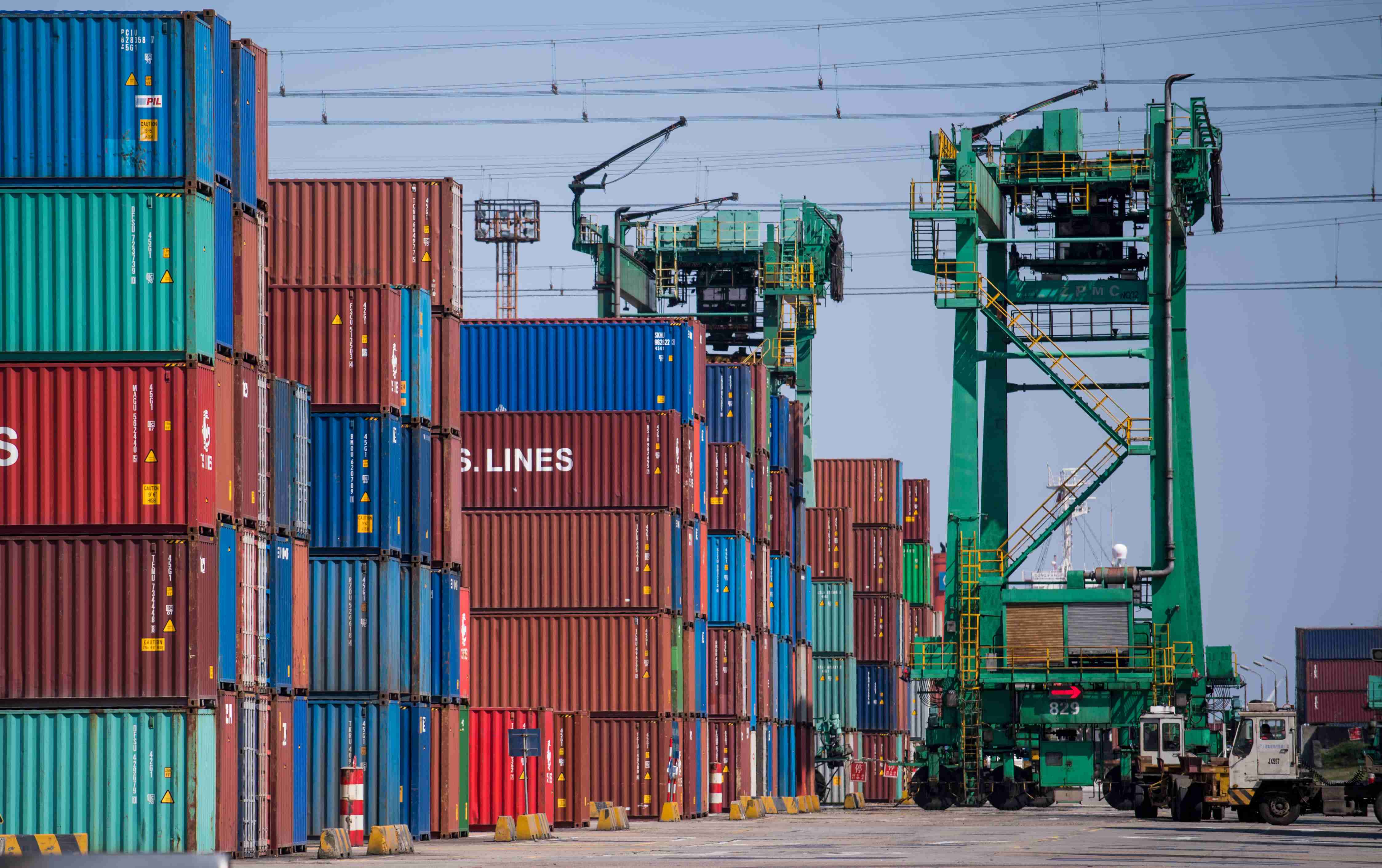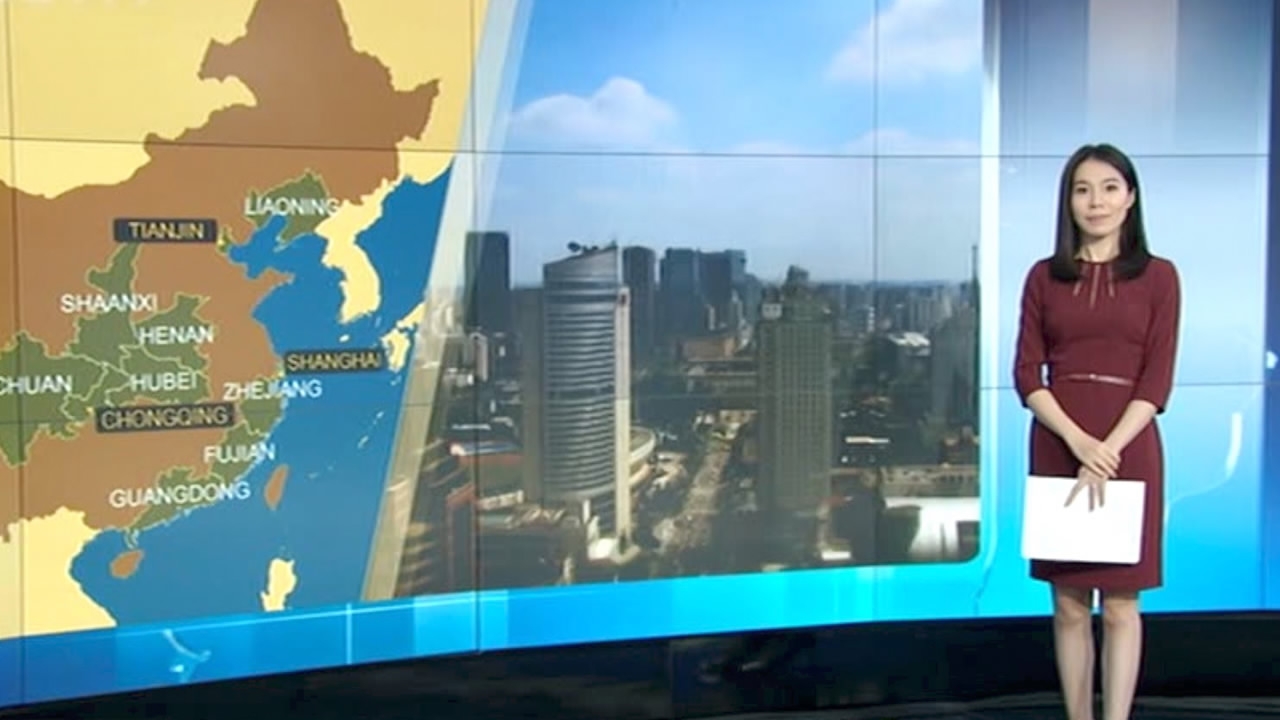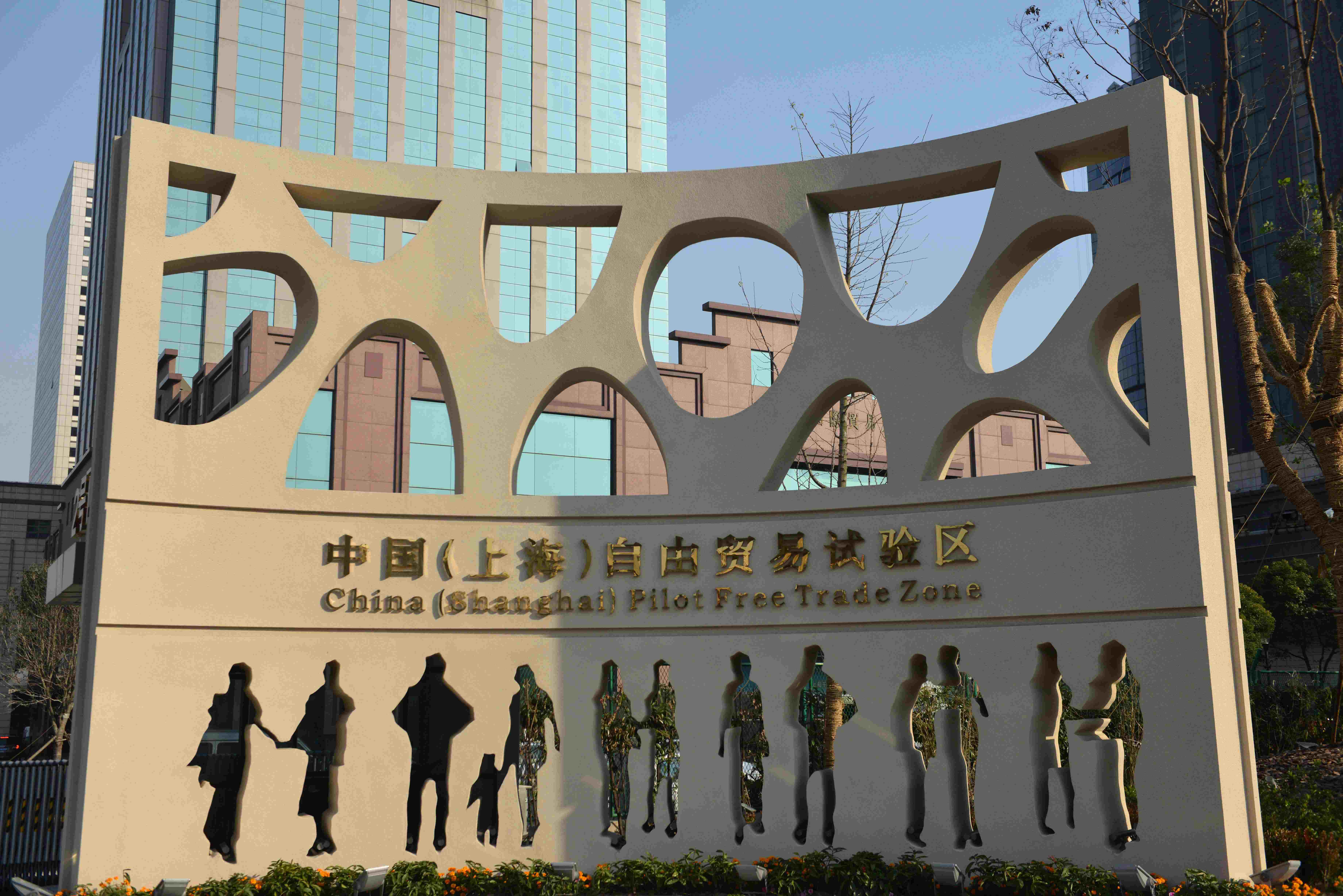
Opinions
19:42, 07-Sep-2017
China Footprint: Expert: 'Influx of foreign investment vital for development’
CGTN

Economics expert Xu Sitao says that we should take the special economic zone to the next level, and the Shanghai Free Trade Zone should be part of that expansion.
“Shanghai is a global city and also the most cosmopolitan city in China, it is extremely commercial. So if Shanghai’s Free Trade Zone has to set an example for the country, maybe in certain areas, we want to see some breakthroughs, for example, freer movement of capital. I think this is the key,” said the economist of Deloitte China.

Containers organized in stacks at the Shanghai Waigaoqiao Free Trade Zone in Shanghai on March 6, 2017. /AFP Photo
Containers organized in stacks at the Shanghai Waigaoqiao Free Trade Zone in Shanghai on March 6, 2017. /AFP Photo
His comments come before the upcoming 19th National Congress of the Communist Party of China (CPC) which will take place in Beijing on October 18. The event is widely considered to be the most important political event in China this year.
Thanks to reform and opening up, which happened in four stages over the last 30 plus years, China has seen unprecedented growth and immense changes domestically, and faced challenges and seized opportunities in a global context too, evolving from a once isolated economy into one of the world's largest. And now, the Shanghai Free Trade Zone clearly belongs to the fourth stage.

Stage One: 1978 - 1991
Coastal areas were opened up to test the waters. In 1979, Guangdong and Fujian Provinces took the lead in opening up and foreign economic activity enjoyed special policies and flexible measures. In May 1980, the Shenzhen, Zhuhai, Shantou, Xiamen Special Economic Zones were set up. These dots of SEZs formed a front-line for opening up. During this period, the main economic pillar was the labor intensive export processing industry.
Stage Two: 1992 - 2000
This was when wide-range opening up began. In my colleague Zhang Ke’s story earlier, you already saw Shenzhen’s success and Shanghai’s Pudong new district, which was set up in 1993, is another example. Since then, China's opening up has expanded from the coast to the core of the Mainland. This regional opening up is no longer characterized by dots and lines. During this period, China implemented a series of initiatives to encourage the expansion of this opening-up policy: Trade structure was optimized and its role in international trade was elevated.
Stage Three: Started in 2001
The third stage was marked by the accession to the World Trade Organization in 2001. China's opening up was seen as a cross sector, all round and multilevel process. This stage witnessed the fastest foreign trade and economic development in the past 30 years. China's state power was greatly improved, the socialist market economic system was perfected and a solid foundation for future globalization was laid.

A design promoting the opened China (Shanghai) Pilot Free Trade Zone is displayed in Shanghai on November 28, 2013. /AFP Photo
A design promoting the opened China (Shanghai) Pilot Free Trade Zone is displayed in Shanghai on November 28, 2013. /AFP Photo
Stage Four: Started in 2013
The fourth stage was marked by the planning of the Shanghai Free Trade Zone in 2013. Free Trade Zones are intended to create contexts that can be replicated throughout the country, including functioning as a test for potential risk. After Shanghai, FTZs were then planned in Guangdong, Fujian and Tianjin in 2015, and then in Liaoning, Zhejiang, Henan, Hubei, Chongqing, Sichuan, and Shaanxi in 2017. These FTZs have different priorities. For example, Zhejiang’s FTZ focuses on international maritime services, while Liaoning's focuses on deepening state firm reforms.
After four decades, when it comes to the paradigm of the foreign direct investment (FDI) in recent years, “the paradigm is foreign investment increasingly driven by domestic demand within China, so you come to China, you serve this market. If that logic holds going forwards, the key issue is in which area we are going to see, for example, greater market access opening liberalization and deregulation, that is the key factor affecting foreign investment into China.” Xu pointed out.

SITEMAP
Copyright © 2018 CGTN. Beijing ICP prepared NO.16065310-3
Copyright © 2018 CGTN. Beijing ICP prepared NO.16065310-3